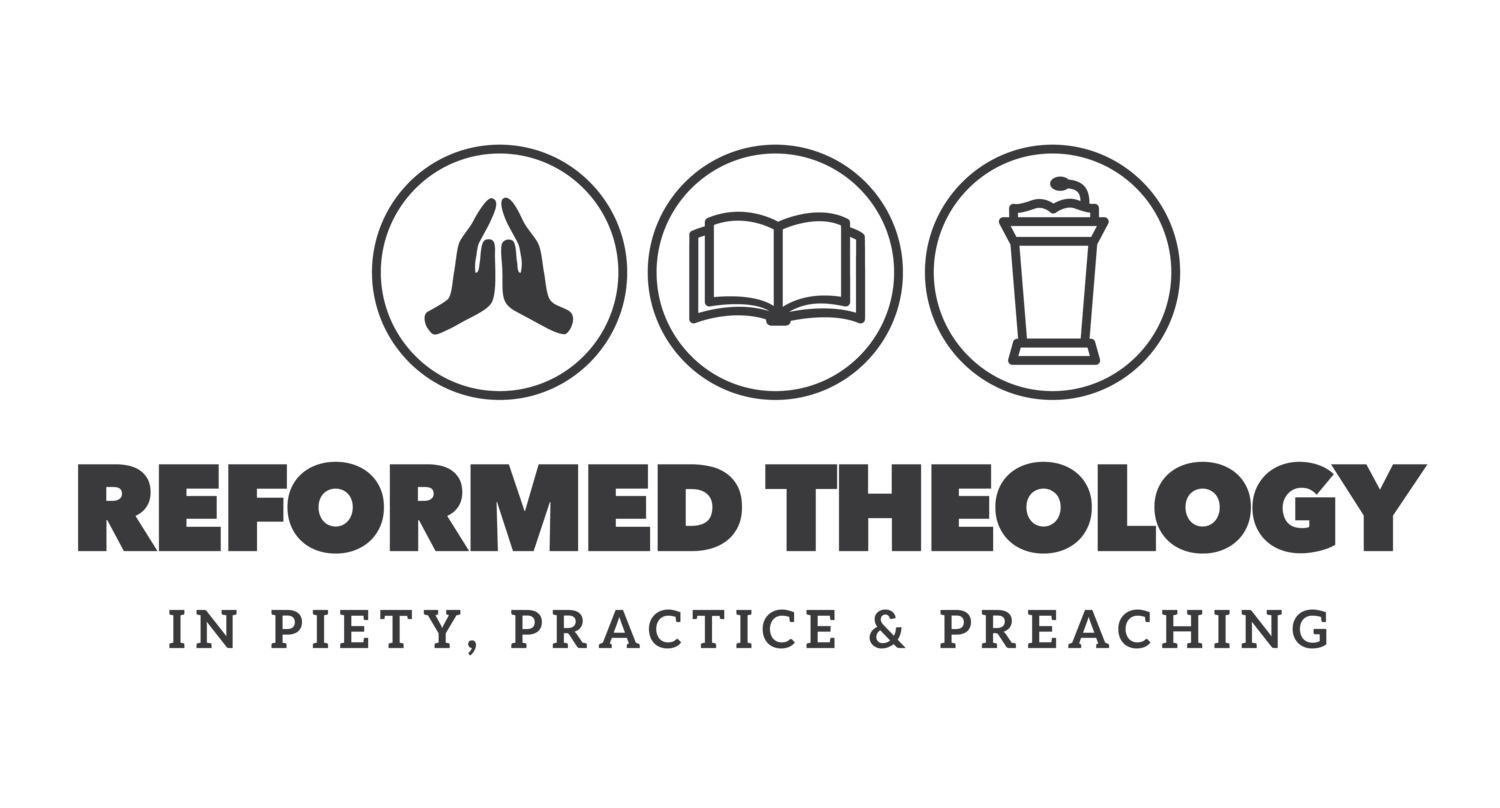Over the years I’ve encountered a number of situations where pastors were seemingly more intent on beating rather than feeding the sheep. I can remember the Regional Home Missionary in our presbytery talking about this problem. He would stand up during an ordination theology exam and ask the candidate, “Can you please describe what it means to be a pastor and shepherd of Christ’s flock?” He was looking for an answer that would show that the candidate was willing and desirous to lay his life down for his sheep—to love them.
Of all of the images that we find in the Scriptures, I think it’s fair to say that pastors, shepherds, are never supposed to beat the sheep. They are not there to scold or berate the church. When Christ confronted Peter with his threefold denial, his tone was direct, but nevertheless gentle. Along these lines, think of how many times the disciples deserved a good tongue lashing, yet Christ’s response and instruction was always direct but gentle. In this respect, Christ instructed Peter to feed the sheep, not to beat them (John 21:17). Just because a pastor must confront sin does not mean that his default mode is one of the stoic and stern rebuke, let alone berating the congregation. The Scriptures tell us that Christ was so gentle that he would not break a bruised reed or snuff out a smoldering wick (Matt. 12:18-21; cf. Isa. 42:1-3). I think this is a side of Jesus that far too many pastors forget. They gravitate towards Christ’s rebukes of the Pharisees and his cleansing of the temple—they want to flip tables over rather than drop beneath them to wash the feet of God’s flock.
Yes, there will be times when as the pastor, you must defend the flock and, like David killing the lion or bear, unleash strong words against the unrepentant. But in most cases, such a response shouldn’t be your first but last resort. To borrow an Indian proverb, you don’t want to cut off someone’s nose and then give them a rose to smell. If you truly believe in the power of the preached word and the Spirit’s sovereign work in effectual calling and the sanctification of the saints, then step back and let the Spirit do the heavy lifting. Your impassioned rebuke may make you feel better but you’re ultimately relying upon the power of the flesh rather than the Spirit.
Don’t take a soft stance towards sin. Don’t turn a blind eye to the faults of your congregation. But don’t resort to your own power in an effort to try and change what only the Spirit of God can—your volume and tone won’t change the sinful and unrepentant heart. Hold out the manna from heaven, the gospel of Christ, with an open hand and never a clenched fist. Let the gospel of Christ be the stone of stumbling and rock of offense, not your negative tone. Feed Christ’s sheep, don’t beat them.
